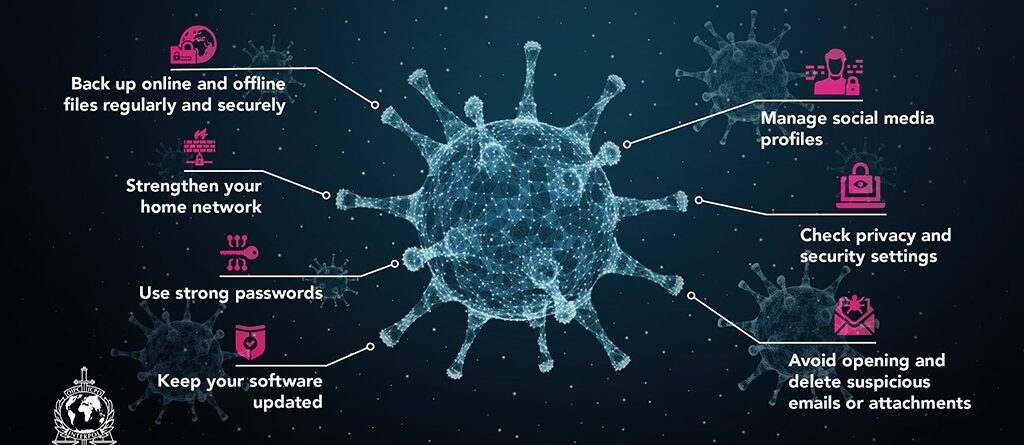Cyberthreats to Be Aware of Today
In today’s digital age, small businesses are increasingly becoming targets for cybercriminals. With limited resources and often inadequate cybersecurity measures, these businesses are vulnerable to a range of cyberthreats that can have severe consequences on their operations and reputation. This article aims to highlight five common cyberthreats facing small businesses today, helping entrepreneurs understand the risks and take proactive steps to safeguard their valuable assets.
1. Phishing Attacks:
Phishing attacks remain one of the most prevalent and effective methods used by cybercriminals to infiltrate small businesses. This technique involves tricking individuals into revealing sensitive information such as passwords, credit card details, or social security numbers. Phishing attacks commonly occur through deceptive emails, messages, or even phone calls that mimic legitimate organizations. Small business owners and employees should be educated on identifying suspicious communications, avoid clicking on suspicious links, and verify requests for sensitive information through other means before sharing any data.
2. Malware Infections:
Malware, short for malicious software, encompasses a wide range of malicious programs designed to disrupt or gain unauthorized access to computer systems. Small businesses often lack robust security infrastructure, making them attractive targets for malware infections. Common forms of malware include viruses, ransomware, and spyware. To mitigate this threat, small businesses should implement strong antivirus and anti-malware solutions, regularly update software, and educate employees on safe browsing practices. Regular backups of critical data are also crucial to mitigate the impact of ransomware attacks.
3. Weak Passwords and Authentication:
Weak passwords and inadequate authentication mechanisms pose significant risks to small businesses. Many cyberattacks exploit weak or default passwords to gain unauthorized access to systems and sensitive information. Small businesses should enforce strong password policies that include a combination of uppercase and lowercase letters, numbers, and special characters. Additionally, implementing multi-factor authentication (MFA) adds an extra layer of security by requiring users to provide additional proof of identity beyond just a password.
4. Insider Threats:
While external threats often steal the spotlight, insider threats can be equally damaging to small businesses. Employees or contractors with malicious intent or unintentional negligence can compromise sensitive data or system integrity. It is essential for small businesses to implement strict access controls, conduct background checks, and regularly monitor user activity to detect and mitigate insider threats. Additionally, fostering a culture of cybersecurity awareness through training programs can encourage employees to be vigilant and report any suspicious activities.
5. Social Engineering Attacks:
Social engineering attacks manipulate human psychology to gain unauthorized access to sensitive information. Cybercriminals exploit trust and emotions to trick employees into revealing confidential data or performing actions that compromise security. Common social engineering tactics include pretexting, baiting, and tailgating. Small businesses must educate their employees about these techniques and maintain a healthy skepticism when dealing with unexpected or unusual requests, especially those that involve sharing sensitive information.
Small businesses are increasingly targeted by cybercriminals due to their relative vulnerability compared to larger enterprises. Recognizing and understanding the common cyberthreats they face is the first step towards protecting valuable assets and maintaining business continuity. By implementing comprehensive security measures, educating employees, and staying vigilant against evolving threats, small businesses can reduce their risk exposure and safeguard their digital infrastructure in an increasingly interconnected world. Remember, proactive cybersecurity measures are crucial for the long-term success and resilience of your small business.










Leave a Reply